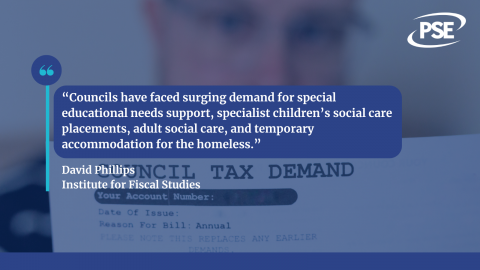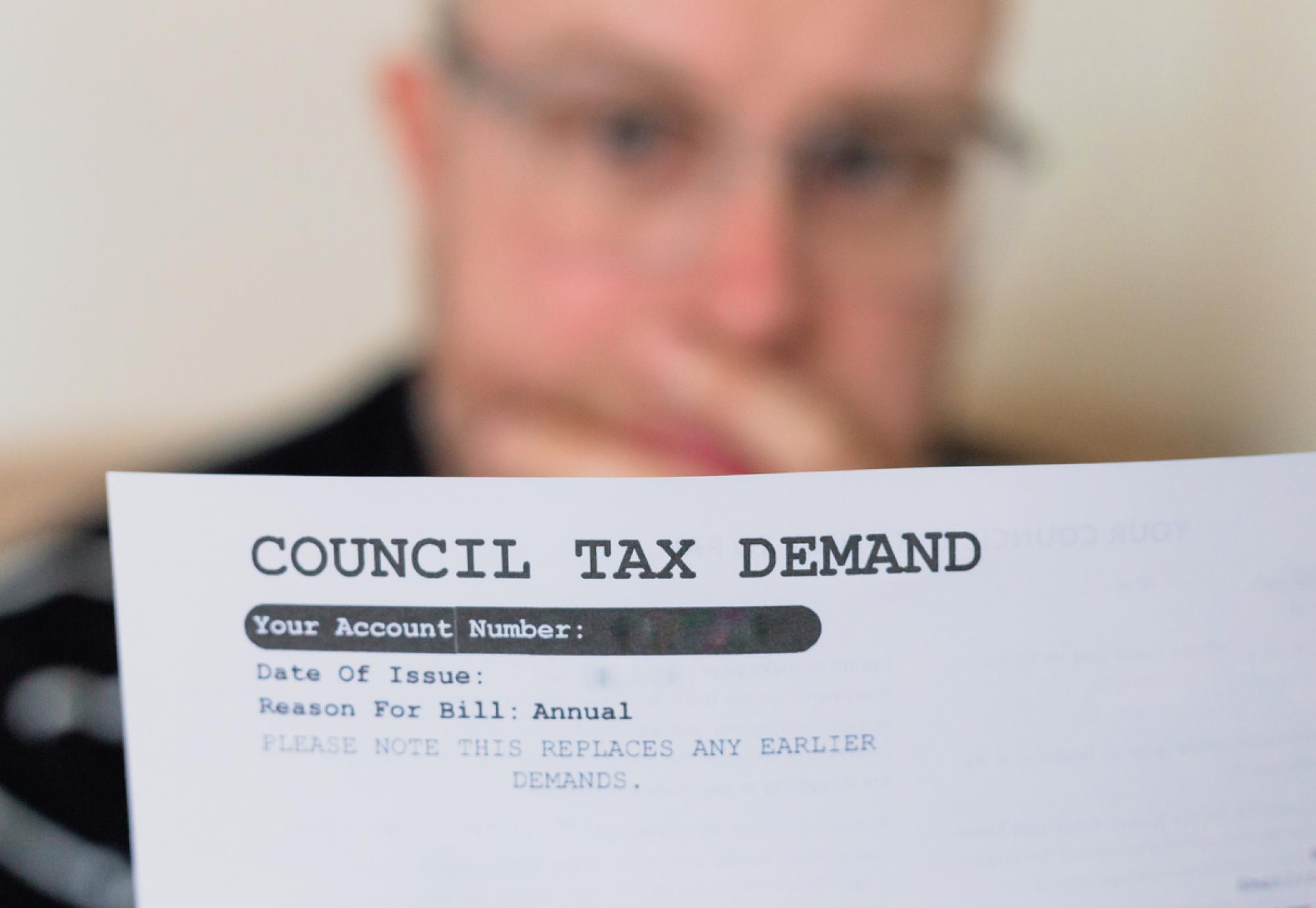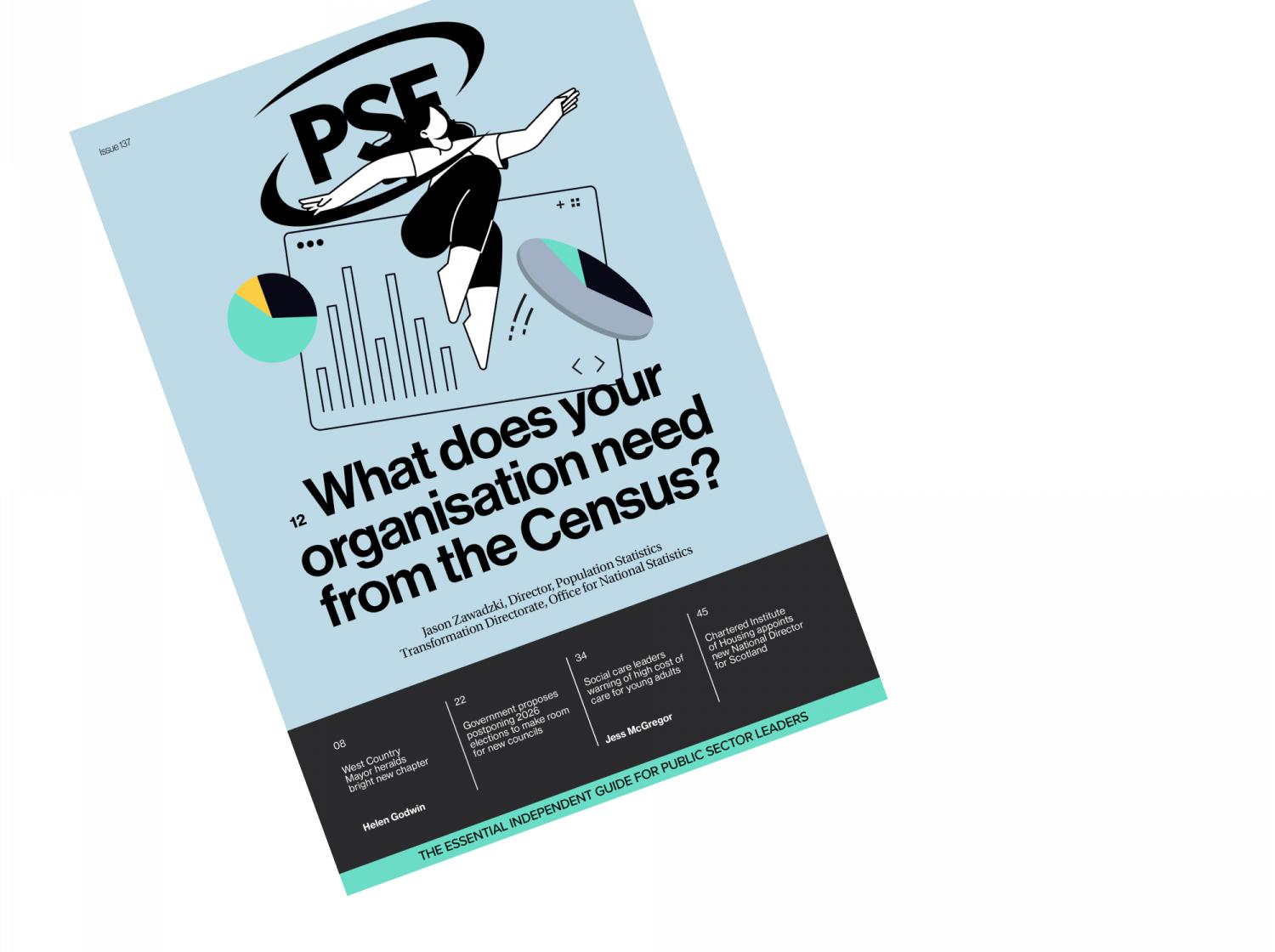A report from the Institute for Fiscal Studies has explored how local government finances have changed since 2010, and has found that core funding is still lower per resident than it was 14 years ago.
The publication of this report comes against the backdrop of a General Election campaign that has failed to address how the incoming government will address council funding, something that has continued to grow in importance over recent months and years.
By looking into the evolution of council finances both since 2010, and the most recent General Election in 2019, the report was able to find that funding from central government and local taxes is 9% lower than it was in 2010. Thanks to significant population growth, this translates to a cut of approximately 18% per resident.
The report was also able to identify that councils rely much more on their own revenue raising methods than they were 14 years ago, with council tax contributing 53% of core funding as opposed to the 36% that it contributed in 2010.

Raising revenue is not the only area that has seen significant change, however, as the report outlines that there has been a 17% increase per person on adult and acute children’s social care – this coming despite an overall fall in per-person spending on service provision. When combined, both of these spending streams made up 65% of 2023-24’s council budgets, which ultimately has resulted in reductions in spending elsewhere. An example of this is the fact that housing spending has fallen by a third, whilst highways and transport, culture and leisure, and planning have reduced by more than 40%.
One of the authors of the report, and an associate director at IFS, David Phillips said:
“Councils have faced surging demand for special educational needs support, specialist children’s social care placements, adult social care, and temporary accommodation for the homeless. At the same time, rates of inflation for key services have far outpaced economy-wide inflation. Given funding is still much lower than in 2010, this has meant local councils have dramatically reduced their spending on things like leisure and culture, planning and development, transport and youth services and have devoted more and more of their budgets to these statutory duties towards a relatively small number of very needy and vulnerable residents.
“Some councils have already been pushed to the financial brink – and more are likely to follow unless demand and cost pressures abate. Given the fundamental role of local government in delivering services, and indeed in our democracy, we have heard remarkably little about council funding in the election campaign.
“It will certainly be a key issue post-election.”
Image credit: iStock



















